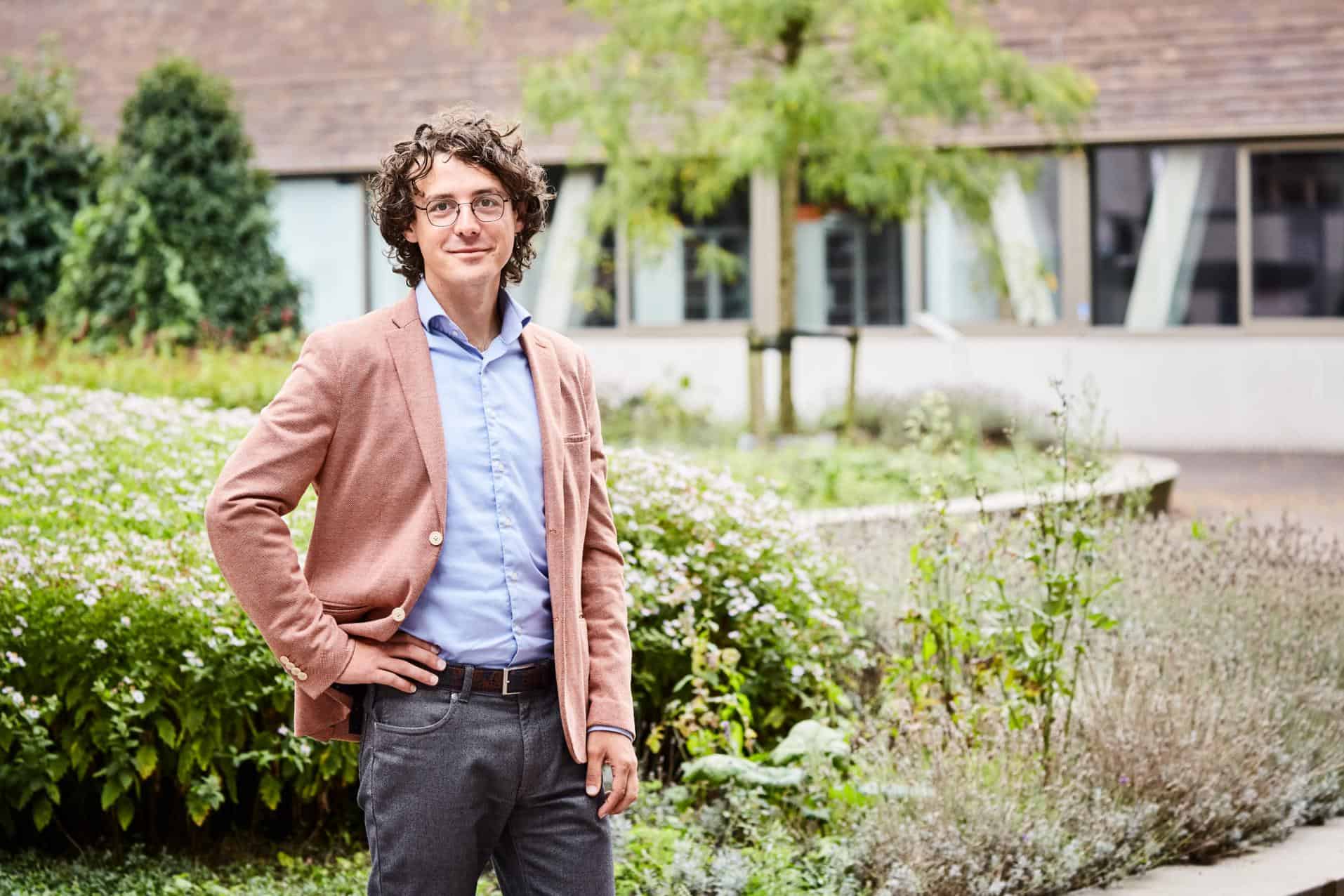
Every other week we take a look with EV specialist and Innovation Origins columnist Auke Hoekstra at what caught his eye on topical issues or what he runs into where the preservation of our planet is concerned. This week he wants to talk about biomass. “It’s best if we left nature alone more often.”
What’s the problem?
“A while back, biomass was seen as an amazingly brilliant idea for solving all fossil fuel problems. We now know that biomass is competing with food, water, and arable land. In many instances, it’s just not such a good idea.”
“There was purported to be plenty of residual wood in forests that you could use to generate energy with. But Europe is losing increasingly more forests as a result of logging. A recent study shows that between 2016 and 2018 about 49% more wood was felled than in the same period between 2011 and 2015. Forests naturally absorb CO2, but even if a cleared forest is replanted, it takes decades before the same amount of CO2 can be absorbed again, as this study in Nature shows.”
So, when is biomass a good idea?
“I am a fan of optimizing things. But we have gone overboard when it comes to nature. We want to squeeze everything out of nature in order to be able to produce more and more stuff. Biomass doesn’t make this all suddenly possible. If you start growing rapeseed for bio-ethanol, you are surrendering arable land, which in turn can lead to higher food prices in developing areas. This is not what you want to happen.”
“And you also don’t want biomass to deplete biodiversity. Residual wood may seem pointless, but it has an important function in the forest ecosystem. In such cases, energy experts argue for a balance between energy and biodiversity. [This link is an article from the Dutch AD newspaper and focuses on a university professor of bio-economics who claims that the disadvantages that biomass presents to nature don’t disqualify its advantages, in his words: ‘a ban on biomass is disastrous for the climate,’ ed].
But I disagree. It is not for nothing that ecologists say that something is harmful to an ecosystem. After all, they have been studying this for a very long time. It’s too easy to be scornful about this and dismiss it as nonsense. They actually know this already! If something is good for nature then we should just leave it there. We really can think of alternatives that are not detrimental to nature. Put up some extra solar panels, that also saves a lot of space. To say that ‘a ban on biomass is disastrous for the climate’ is utterly ridiculous.”
“But leaving nature in peace is hard for us. That takes some time to get used to after tens of thousands of years of burning nature to get energy. We have always tried very hard to make nature as productive as possible. But with 10 billion people, we have to learn to hold our own in such a way that nature has more room.”
Do nothing and don’t earn any money
But according to Auke, that is tricky because it is always possible to make a business case based on biofuel. “While in fact, the only correct answer is to do nothing with it and not earn any money from it. But that doesn’t sit well with the capitalist system that we live in. For companies, it is perfectly normal to have a balance sheet, in which all debts and assets are listed, like a factory, for example. If a company decides to sell its factory, it might make a profit in the short term. But if they look beyond that, then such a company may well jeopardize its production capacity and could claim that it’s not a good idea.”
“However, we are constantly throwing things out of balance in nature; the rainforest isn’t recovering. They make pallets out of it and make money that way. But any forest that is disappearing has no financial value. In other words, destroying nature doesn’t have any consequences.”
“It would be much better if we came up with a business case that offered money so that we didn’t have to do anything to nature. Giving the indigenous people in the rainforests money to make sure loggers don’t have a chance.”
Should we abandon biomass altogether?
“No, as long as it doesn’t compete with water, food, or arable land, it can work fine. But before we want to use something like biomass, we first have to ask ourselves whether it will benefit biodiversity if it’s left untouched in its natural environment. If the answer is yes, then we shouldn’t even want to touch it. Just leave it there! But if, for example, you can turn it into raw material, it could very well be a good idea. Look at the Rijkswaterstaat (Directorate-General for Public Works and Water Management) where they make cardboard from roadside grass. And my house is also made from OSB wood, which is much more sustainable than plywood, for instance. Finally, you could also burn agricultural waste streams as biomass, which are materials you can’t really use anymore.”
Auke believes that algae would be a good alternative to rapeseed or other forms of biomass that require fertile soil. “Even here you have to first ask yourself whether this damages biodiversity. But algae can also be cultivated in reactors. They are packed with an incredible amount of usable substances. That’s one way you could avoid using arable land. But this is very much still in its infancy and we need to research this more thoroughly.”








